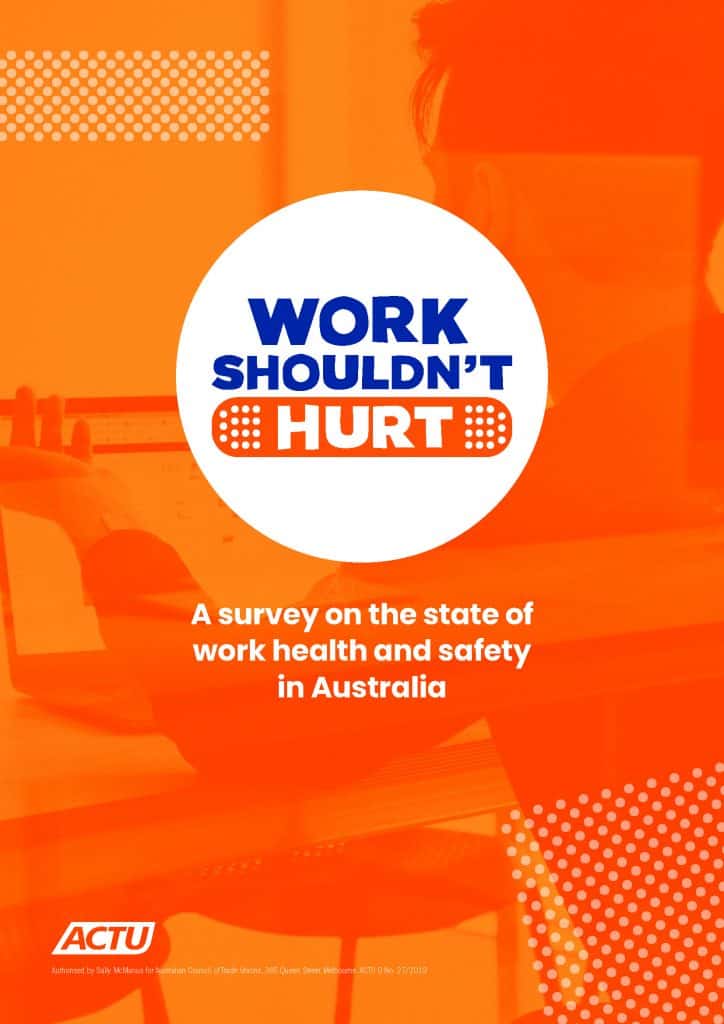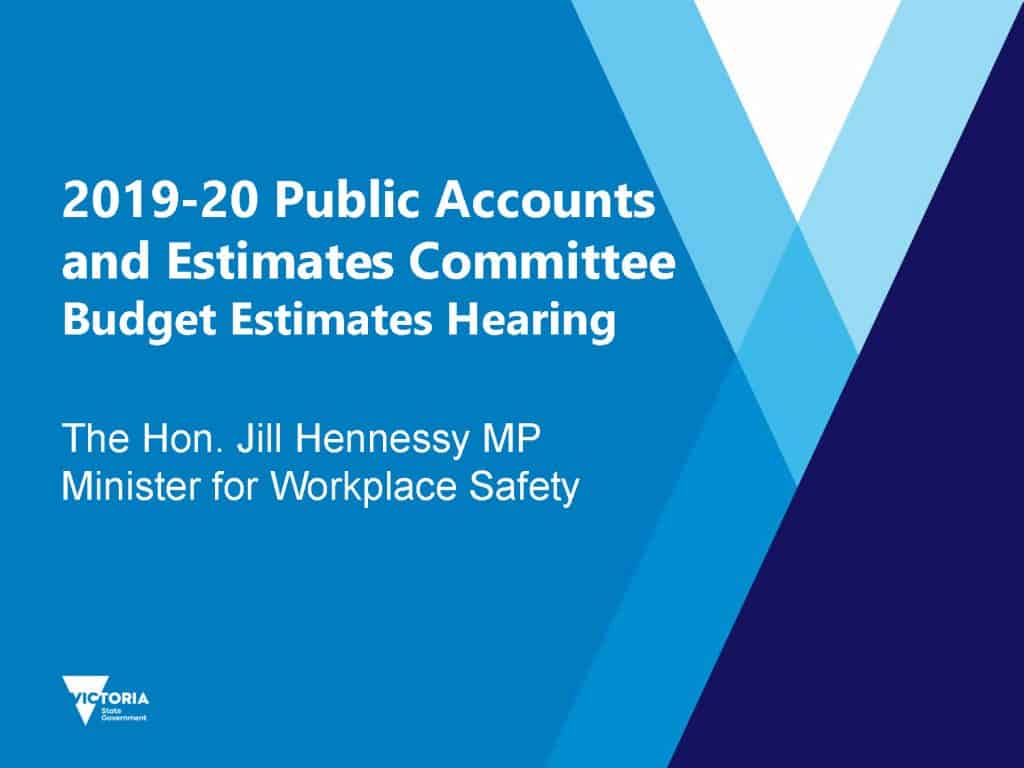Western Australia’s Industrial Manslaughter (IM) laws are now in effect. The same arguments for and against were posed in Parliament and outside as they were in Queensland and Victoria, and the Australian Capital Territory well before that. The IM laws will face the same institutional hurdles to application and offer the same, nominal, deterrent effect.
But WA also prohibited insurance policies that cover the financial penalties applied by the Courts. Such policies may make good business sense in managing risk, but they also remove the pain and deterrence intended in the design and application of Work Health and Safety laws.





